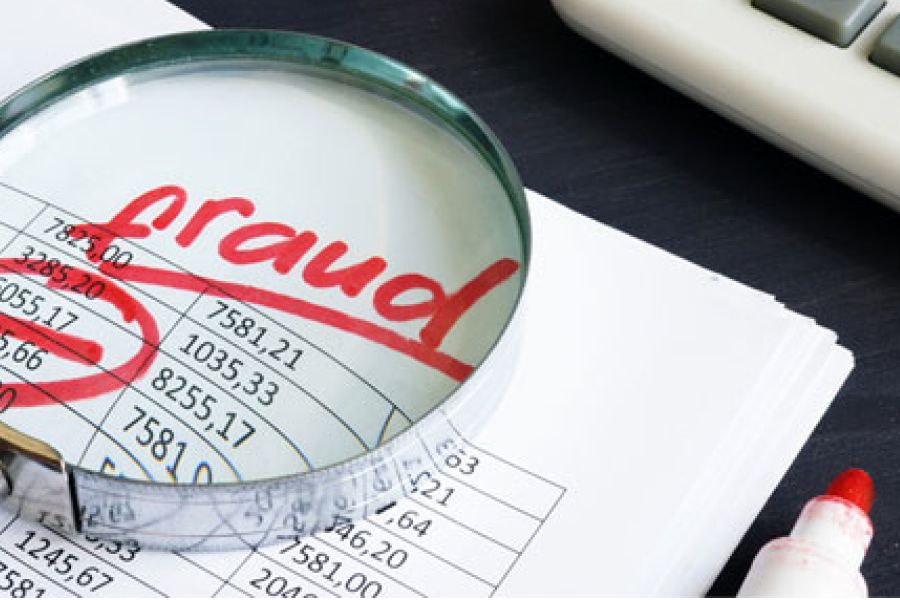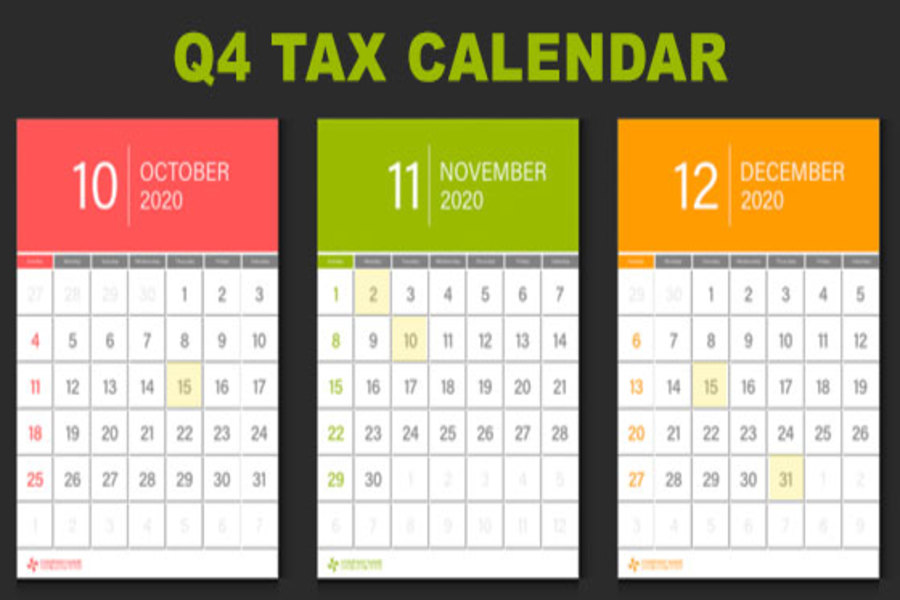Business value is a function of risk and return. This is why, when appraising companies, valuation experts are always factoring fraud risk into a business valuation. Although valuations typically aren’t designed to unearth dishonest behavior, experts may expand the scope of their engagement if they spot something suspicious — particularly if they believe financial statements are inaccurate. Possible risks A valuator’s fraud risk assessment starts with the subject company’s internal controls. When interviewing management, experts ask about the business’s policies and procedures to protect assets, improve operating efficiency and ensure reliable financial statements. For example, they look for risk-reducing controls such as: Physical and digital controls (for example, locks, passwords, cameras and security systems), Fraud training programs, Job descriptions that call for segregation of duties and job...

Despite the COVID-19 pandemic, the National Association of Realtors (NAR) reports that existing home sales and prices are up nationwide, compared with last year. One of the reasons is the pandemic: “With the sizable shift in remote work, current homeowners are looking for larger homes…” according to NAR’s Chief Economist Lawrence Yun. If you’re buying a home, or you just bought one, you may wonder if you can deduct mortgage points paid on your behalf by the seller. Yes, you can, subject to some important limitations described below. Points are upfront fees charged by a mortgage lender, expressed as a percentage of the loan principal. Points, which may be deductible if you itemize deductions, are normally the buyer’s obligation. But a seller will sometimes sweeten a deal...
Reports started trickling into state agricultural agencies in July: Consumers were worried about strange seed packets they had received in the mail. The unsolicited goods weren’t labeled and appeared to be sent from China. In a year already fraught with anxiety and paranoia, the story quickly made headlines. Perhaps this was the first you’d heard of a scam known as “brushing,” in which some third-party e-commerce sellers set up fake buyer accounts and ship unordered goods (in this case, seeds) to “customers.” Why would they do this? Read on. A growing fraud Brushing scammers set up fake accounts with Amazon, eBay and other online platforms so that they can order their own merchandise, ship it to a real address and then post glowing reviews that bolster their ratings....
You’re probably aware of the 100% bonus depreciation tax break that’s available for a wide range of qualifying property. Here are five key points about bonus depreciation to be aware of when it comes to this powerful tax-saving tool. Bonus depreciation is scheduled to phase out Under current law, 100% bonus depreciation will be phased out in steps for property placed in service in calendar years 2023 through 2027. Thus, an 80% rate will apply to property placed in service in 2023, 60% in 2024, 40% in 2025, and 20% in 2026, and a 0% rate will apply in 2027 and later years. For certain aircraft (generally, company planes) and for the pre-January 1, 2027 costs of certain property with a long production period, the phaseout...
When business owners suspect that an employee is stealing assets or manipulating financial results, it’s time to call a fraud expert to investigate. Although the complexity of the incident will determine the investigation’s scope, there are 3 steps experts follow to build a fraud case that can stand up in court. Conducting interviews Fraud interviewers know how to spot warning signs, detect deception and pin down suspicions when talking with suspects and their coworkers. But they usually start with management interviews, by asking owners, executives and audit committee members what they know about: Possible fraud ploys, The company’s fraud risks, and Internal controls that have been implemented to mitigate specific fraud risks or to generally help prevent, deter and detect fraud. An expert may interview not...
President Trump issued a Presidential Memorandum on 8/8/20 directing the Treasury Secretary to defer certain payroll tax obligations of certain American workers. Employers were immediately faced with the decision of whether to defer taxes, or continue to withhold as usual. The primary reason for the hesitation was the unanswered questions regarding deferral, key among them being what happens when an employee resigns (or is terminated) before the end of the year. This Blog Post seeks to outline, as of the time of this writing, what is known, and not known, about the payroll tax deferral and what business owners should consider before deciding to move forward . . . or not. The Presidential Memorandum The Presidential Memorandum states that the Treasury Secretary may defer the withholding, deposit,...
The Coronavirus Aid, Relief and Economic Security (CARES) Act made changes to excess business losses. This includes some changes that are retroactive and there may be opportunities for some businesses to file amended tax returns. If you hold an interest in a business, or may do so in the future, here is more information about the changes. Deferral of the excess business loss limits The Tax Cuts and Jobs Act (TCJA) provided that net tax losses from active businesses in excess of an inflation-adjusted $500,000 for joint filers, or an inflation-adjusted $250,000 for other covered taxpayers, are to be treated as net operating loss (NOL) carryforwards in the following tax year. The covered taxpayers are individuals, estates and trusts that own businesses directly or as partners in a...
Fraud tends to flourish during periods of prosperity. The reason is simple: When companies experience fast-growing revenues and rising net profits, they may lack a strong incentive to divert resources to preventing and detecting fraud. Fraud schemes can go undetected for months, even years. Furthermore, the sheer volume of legitimate transactions during thriving economic times makes it harder to detect fraudulent transactions. Normally, an economic slowdown correlates with increased fraud detection. But the COVID-19 pandemic has upended normal expectations. Companies may need to find new methods of unmasking fraud. Fraud continues … and even grows With millions of employees working from their homes, there are fewer people in the office to notice and report irregularities. And many managers are too distracted with crisis-related activities to perform the proper...
COVID-19 has changed our lives in many ways, and some of the changes have tax implications. Here is basic information about two common situations . . . tax implications of working from home, and collecting unemployment. 1. Working from home Many employees have been told not to come into their workplaces due to the pandemic. If you’re an employee who “telecommutes” — that is, you work at home, and communicate with your employer mainly by telephone, videoconferencing, email, etc. — you should know about the strict rules that govern whether you can deduct your home office expenses. Unfortunately, employee home office expenses aren’t currently deductible, even if your employer requires you to work from home. Employee business expense deductions (including the expenses an employee incurs to maintain a...
Here are some of the key tax-related deadlines affecting businesses and other employers during the fourth quarter of 2020. Keep in mind that this list isn’t all-inclusive, so there may be additional deadlines that apply to you. Thursday, October 15 If a calendar-year C corporation that filed an automatic six-month extension: File a 2019 income tax return (Form 1120) and pay any tax, interest and penalties due. Make contributions for 2019 to certain employer-sponsored retirement plans. Monday, November 2 Report income tax withholding and FICA taxes for third quarter 2020 (Form 941) and pay any tax due. (See exception below under “November 10.”) Tuesday, November 10 Report income tax withholding and FICA taxes for third quarter 2020 (Form 941), if you deposited on time (and in full) all of the associated...
- 1
- 2
- 3
- 4
- 5
- 6
- 7
- 8
- 9
- 10
- 11
- 12
- 13
- 14
- 15
- 16
- 17
- 18
- 19
- 20
- 21
- 22
- 23
- 24
- 25
- 26
- 27
- 28
- 29
- 30
- 31
- 32
- 33
- 34
- 35
- 36
- 37
- 38
- 39
- 40
- 41
- 42
- 43
- 44
- 45
- 46
- 47
- 48
- 49
- 50
- 51
- 52
- 53
- 54
- 55
- 56
- 57
- 58
- 59
- 60
- 61
- 62
- 63
- 64
- 65
- 66
- 67
- 68
- 69
- 70
- 71
- 72
- 73
- 74
- 75
- 76
- 77
- 78
- 79
- 80
- 81
- 82
- 83
- 84
- 85
- 86
- 87
- 88
- 89
- 90
- 91
- 92
- 93
- 94
- 95
- 96
- 97
- 98
- 99
- 100
- 101
- 102
- 103
- 104
- 105
- 106
- 107
- 108
- 109
- 110
- 111
- 112
- 113
- 114
- 115
- 116
- 117
- 118
- 119
- 120
- 121
- 122
- 123
- 124
- 125
- 126
- 127
- 128
- 129
- 130
- 131
- 132
- 133
- 134
- 135
- 136











